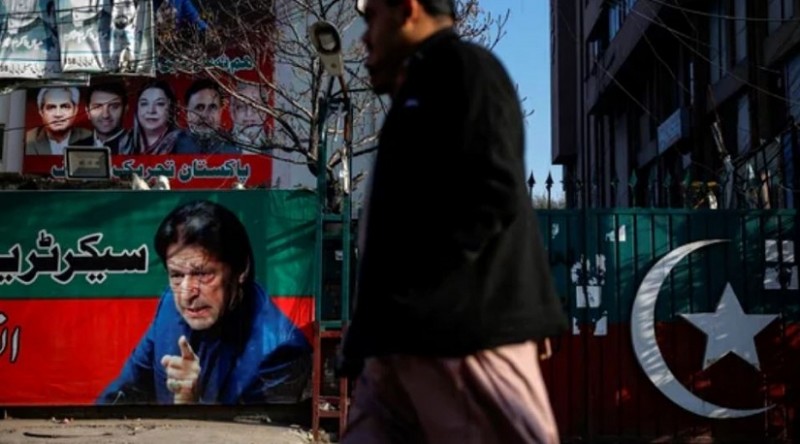
Pakistan Tehreek-e-Insaf (PTI), led by Imran Khan, has chosen Omar Ayub as its nominee for the position of prime minister. This decision follows Nawaz Sharif's selection of his brother Shehbaz Sharif as the prime ministerial candidate for their party, Pakistan Muslim League-Nawaz (PML-N).
In the recent election, independent candidates supported by imprisoned former Prime Minister Imran Khan secured 92 seats, making them the largest bloc. However, they lack the numbers to form a government independently as they contested as individuals rather than as a cohesive party.
This development occurs amidst efforts by Nawaz Sharif's PML-N and Bilawal Bhutto Zardari's Pakistan People's Party (PPP) to forge a coalition government.
Who is Omar Ayub?
Omar Ayub hails from the lineage of former Pakistani President Field Marshal Ayub Khan. Born on January 26, 1970, he represents the third generation in his family.
Both Omar and his father, Gohar Ayub Khan, joined the Pakistan Muslim League (Q) shortly before the 2002 general elections. Gohar Ayub Khan, a former member of the National Assembly, held various ministerial positions.
Omar entered the National Assembly during the 2002 elections and later served as the State Minister for Finance in Shaukat Aziz's cabinet.
He is renowned for spearheading significant projects, particularly in natural gas, electricity, and road infrastructure, benefiting Haripur, according to Dawn News.
In February 2018, Omar Ayub joined the Pakistan Tehreek-e-Insaf (PTI), founded by Imran Khan. Over the years, he held several key positions within the PTI.
He successfully secured re-election to the National Assembly from Constituency NA-17 (Haripur) as a PTI candidate in the 2018 general elections. Subsequently, he served in various ministries in Imran Khan's federal cabinet, including Minister for Economic Affairs, Minister for Energy, and Minister for Petroleum.
Pakistan Elections: Imran Khan's PTI Claims Victory, PTI-Backed Independents Win Over 100 Seats
Pakistan's Election: Candidates, Challenges, Public Sentiments, and More
Pakistan's 2024 Election: A Tug-of-War for Power and Regional Stability